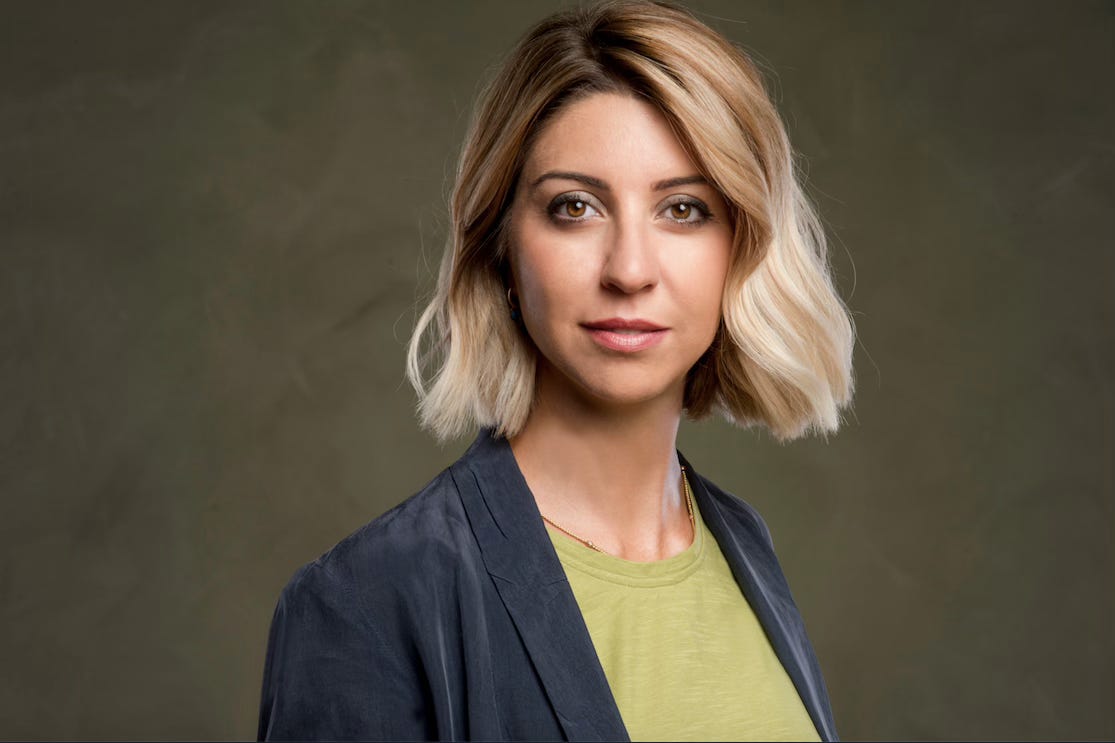The name of this newsletter is inspired by Albert O. Hirschman’s theoretical construct Exit, Voice, and Loyalty (1970). In his book of the same name, Hirschman explores the relationship between firms and/or states and their consumers or citizens. When prices rise excessively or the quality of goods or governance deteriorates, people either express their dissatisfaction or leave. The greater the number of exits and the louder the voices of the discontented, the more likely the firm or state will be forced to change course.
It sounds simple. But as Hirschman argues, the relationship between exit and voice is far more complex. Sometimes, voice delays exit. Sometimes, exit becomes necessary when voice no longer matters. At times, even a whisper of dissent can prompt reform. At others, mass exit fuels monopolies and authoritarian drift. Hirschman’s insight lies in showing how entangled these acts are—how resistance and withdrawal shape one another.
This newsletter is the product of an exited voice.
I began my career as a journalist in Istanbul. After losing my job during the government’s crackdown on the press, I relocated to the UK and began an academic career in Oxford. In this newsletter, I offer my angle on current events—particularly those concerning Turkey, the Middle East, and North Africa—anchored in my journalistic instincts and sources, and shaped by an academic framework grounded in fieldwork and research.
You’ll also find dispatches on women’s rights and global inequality; curated books, articles, and podcasts worth your time; and a glimpse into Oxford’s seminar circuit—where politics, the life sciences, and technology converge in unexpected ways.
This newsletter is the curation of my concerns, ideas, and passions.
You are warmly invited to follow along—and to speak up.
Best,
Ezgi
Ezgi Başaran is a scholar of the politics of the Middle East and Turkey, based in Oxford. Her work bridges journalism and academia, with a focus on authoritarianism, political Islam, and the Kurdish question. She has developed a distinctive voice through years of frontline reporting and sustained academic research.
She began her career as a journalist in Istanbul, joining Hürriyet in 2004. In a media landscape dominated by men and shaped by state influence, she rose quickly through the ranks to become the youngest and first female editor of Radikal, Turkey’s leading center-left newspaper. Her columns and investigative reporting during this time focused on civil-military relations, the peace process with the PKK, and the transformation of Turkish Islamism under the AKP.
As the political climate in Turkey deteriorated after the 2013 Gezi protests and the collapse of the Kurdish peace talks, the crackdown on the media intensified. She stepped down as editor-in-chief in January 2016 and initially moved to Oxford for several months. However, as the authoritarian slide deepened, she decided to take a break from journalism and shifted toward academia. Leaving her treasured city of Istanbul where she was shaped not only as a journalist but also as a woman, was difficult. But soon, Oxford’s “dust,” as portrayed in Philip Pullman’s famous trilogy, took hold of her, and the city became her new home.
At the University of Oxford, she completed an MPhil and then a DPhil in Modern Middle Eastern Studies. Her doctoral work traced the ideological and strategic entanglements between Turkey’s ruling Justice and Development Party (AKP), Tunisia’s Ennahda, and Egypt’s Muslim Brotherhood in the wake of the Arab Uprisings. She conducted fieldwork in Istanbul, Ankara, and Tunis, combining elite interviews with archival and media research.
Between 2017 and 2020, she served as the coordinator of the Programme on Contemporary Turkey at SEESOX, St Antony’s College, University of Oxford. The programme brought together diplomats, scholars, and journalists to critically engage with the transformations in Turkish politics and foreign policy. In the 2023–2024 academic year, she taught the graduate course Politics of the Middle East and North Africa at the Faculty of Asian and Middle Eastern Studies at the University of Oxford.
Her comments has appeared in Le Monde, BBC, Prospect Magazine, Financial Times, Al Jazeera, Washington Post, and Wall Street Journal, Kathimerini and she is regularly invited to speak on panels about the politics of Turkey and the Middle East, Islamism, and authoritarianism. She is the author of Frontline Turkey (2017), which examines the political dynamics behind the collapse of the Kurdish peace process between 2013 and 2015, and The New Spirit of Islamism (2024), which explores how Islamist movements in Turkey, Tunisia, and Egypt adapted their strategies in dialogue with one another after the Arab Uprisings.
She is the author and editor of Angle, Anchor and Voice.
Contact: ezgi@angleanchorvoice.co.uk



